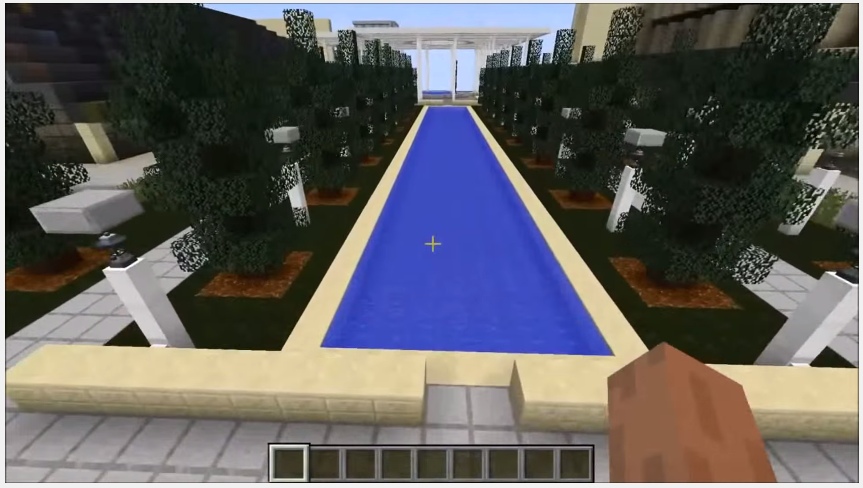Scholarship given to students for proficiency in video games
Current and prospective students can now be awarded a $5,000 scholarship for excelling at playing a video game made by students and professors at UTD.
Polycraft is a modification of the popular game Minecraft. It was developed by a team of students and professors with the aim of using it as a learning tool to teach students about science in an innovative way.
Ron Smaldone, an assistant professor of chemistry at UTD who helped develop the game, said that the requirements for entering the scholarship are that the applicant must be thirteen years of age or older and that the applicant must either be a current student or someone who wants to attend UTD in the future.
“(The scholarship) was something that Walter Voit approached the then-provost, now president Hobson Wildenthal about,” he said. “(Wildenthal) has been extremely generous in setting aside money to allow us this money for the program.”
The aim of the scholarship initiative is to measure the analytical skills that students get from playing Polycraft in order to evaluate them, as well as to evaluate other skills that they need for college courses.
“This (scholarship) has been in the works for over a year. It was thought of even when the game was being developed,” Smaldone said. “It was always part of the plan.”
The time period in which applicants must get a record score in the game to win the first scholarship opened up on Sept. 3, 2015 and will close on Dec. 1.
Jennifer Tildwell, a UTD alumna, is working on publicizing the scholarships.
“The scholarship helps the good students finance their education at UT Dallas,” she said. “It also helps UTD find the kind of students that UT Dallas would want to have here.”
Christina Thompson, a lecturer of Chemistry at UTD, uses Polycraft as an instructional tool for a class that she teaches, and also helps publicize the game.
“The winner will be announced once a week starting Jan. 1, 2016. The aim is to give students enough time to do something big which deserves that $5,000 scholarship,” Thompson said.
The scholarships cater to a wide variety of fields like chemistry, journalism and networking.
Smaldone said that the different scholarships are meant to measure the strengths of the students who play the game.
“You are looking for people who have proficiency in science and other skills, like leadership,” he said. “The game allows students to do whatever they like with it. It allows a broad audience for a university to look for the kind of students that they want to join them. It allows the natural skills and characteristics of the player to come out.”











